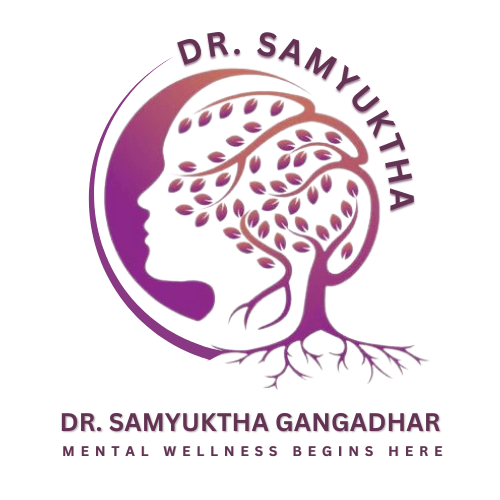Bipolar Disorder

Bipolar disorder, formerly known as manic depression, is a mental health condition characterized by extreme and unusual shifts in mood, energy, and activity levels. Individuals with bipolar disorder experience episodes of mania, where they feel excessively energetic, euphoric, or irritable, and episodes of depression, marked by feelings of sadness, hopelessness, and low energy. These mood episodes can range from mild to severe and can last for days, weeks, or even months.
There are three main types of bipolar disorder:
Bipolar I Disorder: This involves episodes of severe mania and often depressive episodes. Individuals with bipolar I may experience periods of normal mood between episodes, but they can also have mixed episodes where symptoms of mania and depression occur simultaneously.
Bipolar II Disorder: This involves milder episodes of mania, known as hypomania, and depressive episodes. People with bipolar II do not experience full-blown mania but may have periods of elevated mood and increased energy.
Cyclothymic Disorder: This is a milder form of bipolar disorder characterized by periods of hypomanic symptoms and depressive symptoms that last for at least two years (one year in children and adolescents).
The exact cause of bipolar disorder is not fully understood, but it is believed to result from a combination of genetic, biological, and environmental factors. Some factors that may contribute to the development of bipolar disorder include genetics, brain structure and functioning, and traumatic life events.
Treatment for bipolar disorder often involves a combination of medication, psychotherapy, and lifestyle changes. Mood stabilizers, antipsychotic medications, and antidepressants may be prescribed to help manage symptoms. Psychotherapy, such as cognitive-behavioral therapy (CBT) or interpersonal therapy, can be beneficial in helping individuals cope with the challenges of the disorder and develop effective strategies for managing mood swings.

